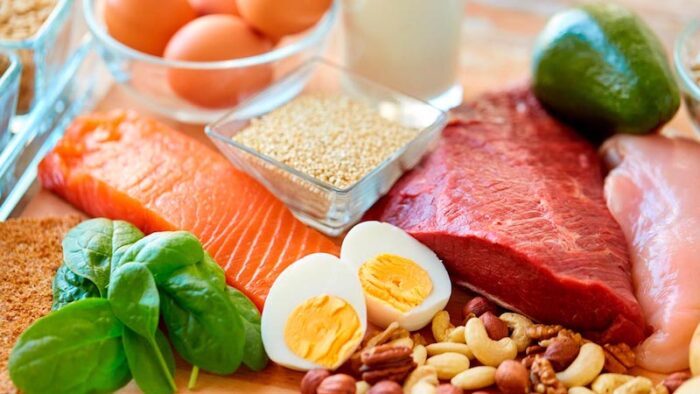
Here we will go over seven healthy ways to lose weight.
Reaching your weight loss goals can be a difficult journey, and many individuals are tempted to lose weight with unhealthy diet restrictions and diet pills because they want fast results. However, the problem with these methods is that they can be unsafe and result in future weight gain or health issues.
The best way to lose weight is by implementing healthy lifestyle and diet changes.
Keep reading to learn how to shed those extra pounds safely and consistently.
1. Don’t Start a Diet Unless You’re Ready
If you are not mentally ready to start a diet, don’t do it; otherwise, your efforts will be motivationless.
Without motivation, it will be incredibly difficult to stick to your new way of eating. Dieting for a few days or weeks at a time is called “yo-yo dieting,” and it’s harsh on your body which might result in weight gain instead.
Yo-yo dieting leads to high blood pressure, disturbed metabolism, inflammation, water retention, and more, so be sure you are ready before you change your eating habits.
2. Add Exercise to Your Routine

Performing physical activity regularly improves heart health, gives you more energy, strengthens your muscles, uplifts your mood, and more.
However, the most commonly known benefit of exercise is how it supports healthy weight loss.
To lose weight, you must burn more calories than you consume and physical activity burns calories rapidly compared to your regular daily actions.
Additionally, over time, exercise boosts your metabolism which further aids in weight loss.
3. Ditch Preservatives
At this point, most people know that preservatives are bad for you, but few know why.
Preservatives are substances used in some foods to prolong their shelf life. These substances are highly addictive, increase the risk of cancer, reduce heart health and interfere with the hormones responsible for letting us know we are full.
Because preservatives are addictive and disable our ability to feel full, consuming them often leads to binge eating.
4. Get Enough Sleep

Sleep is an important part of a person’s weight loss journey and without an adequate amount, you might see a stall of progress.
The average healthy adult should get about seven to nine hours of sleep each night. While asleep, our metabolism works hard to turn calories into energy, and our body releases appetite-suppressing hormones called ghrelin and leptin.
According to research, individuals that received less than seven hours of sleep each night reported consuming nearly 400 more calories than the average person.
5. Incorporate Cannabis Into Your Day
There is a common misconception that smoking or using cannabis products will result in weight gain because it gives you the “munchies.” However, cannabis can be a valuable weight-loss tool for most consumers.
Although some cannabis strains might make you feel hungry, strains that have THCV have been shown to boost metabolism and suppress appetite, making weight loss easier.
For information on which strains are best for weight loss, check out this article from Veriheal.com.
6. You Need Protein

Most know that adding protein to your diet is great for building muscle; however, it also promotes weight loss.
Protein slows the digestion process, making you feel full longer, and resulting in eating less frequently. Additionally, your body uses protein as fuel to burn fat and without it, your body uses lean muscle in its place. Therefore, without enough protein, you might struggle to burn fat while losing muscle mass.
7. Choose The Right Diet
If you use social media, watch television or browse the magazine racks at the grocery store checkout line, you know there are numerous popular weight-loss diets to choose from.
With so many options available, it can be hard to determine which way of eating is best for you. It is important to know that all bodies are different and require different diet and nutrition changes to lose weight healthily.
Some of the most popular diets are low-calorie, low-carb, ketogenic, and paleo. Depending on your health situation, one diet may be perfect while another is risky.
For example, individuals with insulin resistance or PCOS may struggle to lose weight until they finally cut carbs from their diet but the same diet could be extremely dangerous for a person with type 1 diabetes.
Before starting a weight-loss diet, ask your doctor for suggestions or consider speaking with a nutritionist.








